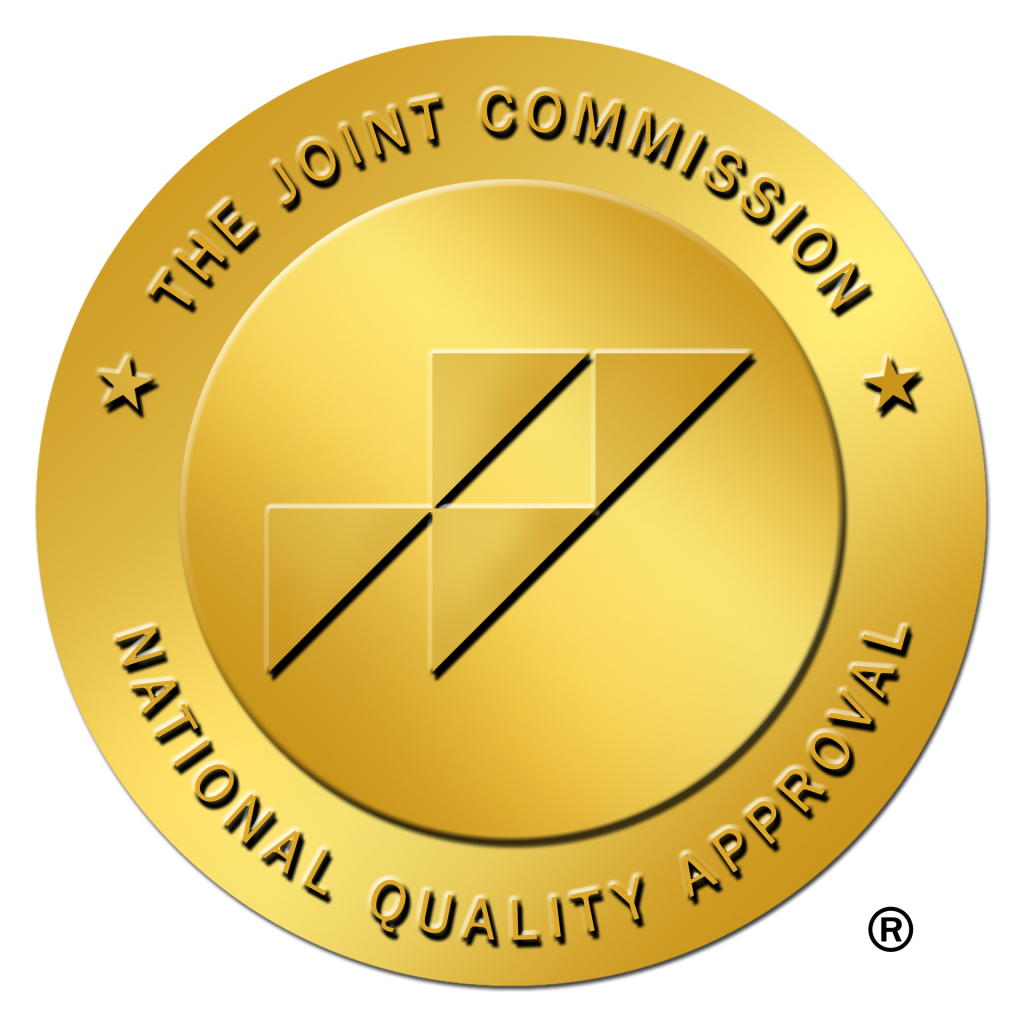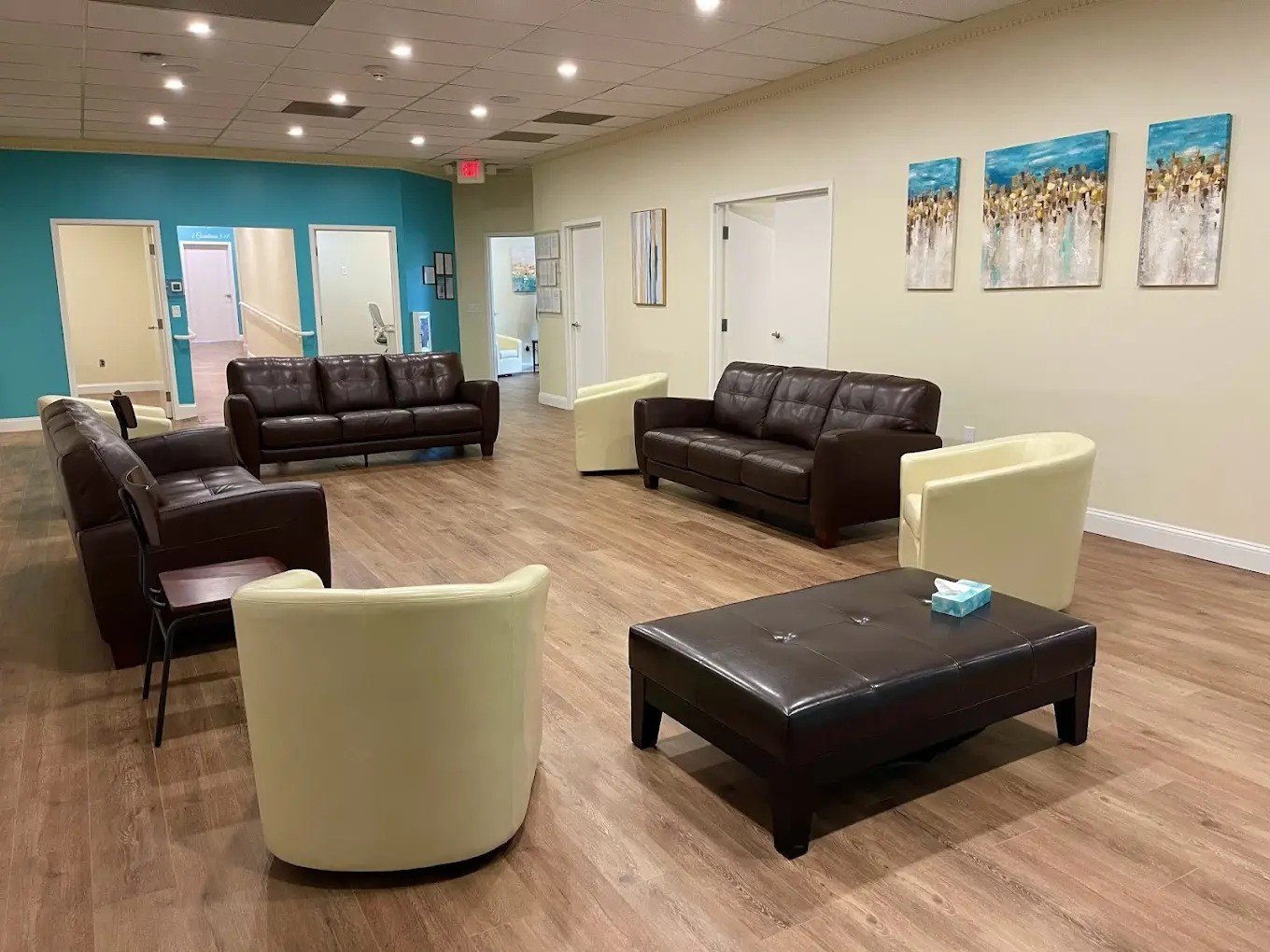Faith Based Outpatient Rehab Nj
Exploring Faith-Based Outpatient Rehab NJ
Faith-based outpatient rehabs in New Jersey, such as those offered by New Chapter Recovery, blend spiritual guidance with clinically proven treatments to help individuals combat addiction. These programs recognize the importance of addressing not just the physical aspects of addiction but also the spiritual and emotional challenges that accompany it. Providing a holistic approach, they seek to nurture recovery through faith and community support.
The Importance of Spirituality in Rehabilitation
Incorporating spirituality into addiction treatment can offer a stabilizing force for many individuals. Feeling connected to a higher power or spiritual community often instills a sense of purpose and hope. This spiritual grounding can significantly enhance one’s resilience in the face of recovery challenges.
Faith-based programs provide unique opportunities for individuals to explore their beliefs and integrate them into their recovery process. From prayer sessions to spiritual counseling, these programs ensure that spirituality becomes an integral part of healing.
Benefits of Faith-Based Outpatient Rehab
Faith-based outpatient rehab in NJ offers several advantages for those seeking recovery while maintaining daily responsibilities. Participants can receive comprehensive care without disrupting their home life or professional commitments. This flexibility is ideal for students, professionals, and parents who need to balance treatment with their everyday lives.
- Retain family involvement through supportive programs that encourage family participation.
- Access to group therapy sessions that focus on both psychological and spiritual growth.
- Opportunities to engage in faith study groups or faith-based 12-step meetings.
The Role of Faith in Recovery
Faith as a Foundation
Faith provides a foundational element for many individuals battling addiction. Belief systems and spiritual practices can give meaning to their recovery journey. This sense of purpose can be instrumental in maintaining sobriety and preventing relapse.
Through spiritual guidance, individuals often find the motivation to confront their addiction and embrace change. This empowerment can have a lasting impact on their recovery trajectory, offering strength and courage to face their struggles.
Community Support
Faith-based programs foster a sense of community among participants, facilitating connections and forming a support network. The camaraderie and shared beliefs among group members often provide emotional and spiritual reinforcement, essential components for sustainable recovery.
The Interplay Between Clinical and Spiritual Approaches
Integrated Treatment Methods
Effective faith-based outpatient rehab programs blend clinical practices with spiritual teachings, offering a dual approach to recovery. This integration ensures that the treatment addresses both the physical dependence and the psychological components of addiction.
- Use of evidence-based therapies such as Cognitive Behavioral Therapy (CBT) and Dialectical Behavioral Therapy (DBT), alongside spiritual counseling.
- Incorporation of motivational interviewing techniques that respect and honor individual beliefs.
Personalized Recovery Plans
At New Chapter Recovery, personalized treatment plans are crafted by a multidisciplinary team, ensuring that all aspects of a patient’s needs are considered. This customization allows for a tailored approach, maximizing the efficacy of both clinical and spiritual interventions.
Feedback and Success Stories
Personal experiences and success stories from participants often highlight the transformative power of faith-based rehabilitation. Individuals frequently attribute their sustained recovery to the spiritual insights and community support facilitated by these programs.
One participant shared, “The spiritual guidance I received was life-changing. It allowed me to connect more deeply with my faith and use it as a tool for healing.”
Integration of Family Support
Family involvement is a crucial component of faith-based outpatient rehab programs. Families often participate in therapy sessions and are encouraged to join educational workshops, helping them understand the nature of addiction and the recovery process.
This aspect of integration strengthens family relations, promoting healing and reconciliation. It also equips family members with the tools to provide ongoing support, which is vital for long-term recovery.
Overcoming Challenges in Faith-Based Rehab
While faith-based rehabilitation provides numerous benefits, it also presents certain challenges. Some individuals may struggle with integrating spirituality into their recovery process, especially if they have not previously engaged deeply with their faith.
Programs like those at New Chapter Recovery are sensitive to these challenges, offering elective spiritual components and respecting each person’s unique journey. Participants are encouraged to explore spirituality in a way that feels authentic and beneficial to them.
Who Can Benefit from Faith-Based Rehab?
Faith-based outpatient rehab in NJ is suited for individuals who believe that spirituality can play a role in their journey to recovery. It welcomes those who may be new to faith or who wish to reconnect with their spiritual roots.
Additionally, these programs are beneficial for families looking to engage in recovery as a unit, providing a comprehensive support network that strengthens familial bonds and promotes communal healing.
Faith-Based Outpatient Rehab for Co-Occurring Disorders
Dual Diagnosis Approach
Programs like New Chapter Recovery recognize the complex nature of co-occurring disorders, providing integrated treatment that addresses both substance abuse and mental health issues. This approach is essential for achieving a balanced and thorough recovery.
By using trauma-informed practices alongside spiritual support, individuals receive a holistic treatment experience that caters to both their clinical and spiritual needs.
Future Trends in Faith-Based Rehab
The landscape of addiction treatment is continually evolving, and faith-based rehabs are no exception. Future trends may include greater integration of technology, offering virtual support sessions or online faith-based communities that extend support beyond geographical boundaries.
Moreover, increasing research on the efficacy of spiritual practices in recovery could lead to the development of new, innovative approaches that combine faith with other therapeutic modalities for more effective treatment outcomes.
How does faith-based outpatient rehab enhance the recovery process in New Jersey?
Faith-based outpatient rehab centers in New Jersey, such as those offered by New Chapter Recovery, enhance the recovery process by integrating spiritual and emotional support alongside clinical therapies. This holistic approach acknowledges that individuals battling addiction often face not only physical but also profound emotional and spiritual challenges. By fostering a connection to a higher power or spiritual community, faith-based programs provide a sense of purpose and hope, which can be pivotal in helping individuals maintain resilience during recovery. In addition, these programs offer the flexibility necessary for participants to continue living at home and fulfilling their daily responsibilities, which is an invaluable benefit for those who need to balance recovery with work or family obligations. Have you ever thought about how a spiritual foundation might impact your own or someone else’s recovery journey?
What role does faith play in ensuring long-term sobriety in outpatient rehab programs?
Faith plays a critical role in ensuring long-term sobriety by providing a stable foundation upon which individuals can build their recovery journey. It instills a sense of meaning and motivation that helps individuals confront their addictions and embrace change. In programs like New Chapter Recovery, faith acts as a guide, empowering individuals to make healthier decisions by reinforcing a sense of purpose and community. Imagine someone using their belief systems as a compass for navigating their path to recovery, gaining the strength to face challenges head-on. The community support in faith-based programs also creates a network of individuals who share similar values and goals, which is essential for sustaining long-term recovery. Have you considered how surrounding yourself with a supportive community could influence success in overcoming personal challenges?
How do faith-based programs combine clinical therapies and spiritual teachings effectively?
Faith-based rehab programs effectively combine clinical therapies and spiritual teachings by using an integrated treatment approach. At centers like New Chapter Recovery, clinical practices such as Cognitive Behavioral Therapy (CBT) and Dialectical Behavioral Therapy (DBT) are combined with spiritual counseling to address both the physical and psychological components of addiction. Personal anecdotes from participants often highlight the value of motivational interviewing techniques that honor and respect individual beliefs, making the treatment process more personalized and impactful. This dual approach ensures that all aspects of an individual’s well-being are considered, maximizing the potential for lasting recovery. Have you witnessed or been part of an integrated treatment approach in any other setting? What impact did it have on the outcomes?
What is the significance of integrating family support in faith-based outpatient rehab?
Integrating family support in faith-based outpatient rehab is significant because it leverages the strength and understanding of family connections to enhance the recovery process. At New Chapter Recovery, family involvement is encouraged through therapy sessions and educational workshops, equipping family members with tools to support their loved ones in recovery. This promotes healing and reconciliation, enabling families to become active participants in the recovery journey. A personal anecdote that might resonate is a scenario where family members attend a workshop and discover new ways to communicate and support their loved one, strengthening familial bonds. Engaging families not only aids the individual’s recovery but also helps the family as a whole to heal and grow. How do you think family dynamics influence the success of a person’s recovery journey?
What challenges might individuals face in faith-based rehab programs, and how can they be addressed?
Individuals in faith-based rehab programs might face challenges such as difficulty integrating spirituality into their recovery process, especially if they have not engaged deeply with faith before. Programs like New Chapter Recovery are sensitive to these challenges, offering elective spiritual components and respecting each person’s unique journey. For instance, someone new to spirituality could begin by participating in optional faith-based group sessions at their comfort level. This approach allows individuals the freedom to explore spirituality in a way that feels authentic. It’s important to understand that the path to recovery is personal; allowing room for growth and exploration can address these challenges effectively. Have you encountered a situation where being open to new experiences led to personal growth or understanding?
How do faith-based outpatient programs address co-occurring disorders effectively?
Faith-based outpatient programs address co-occurring disorders by offering an integrated approach that focuses on both substance use and mental health issues. At New Chapter Recovery, this involves using trauma-informed practices alongside spiritual support to provide holistic care. This dual diagnosis approach caters to the complex needs of individuals, ensuring that both clinical and spiritual needs are met. For example, a participant struggling with anxiety and addiction might receive both cognitive behavioral interventions and spiritual counseling to address their unique challenges. Studies have shown that addressing both aspects concurrently can lead to more sustainable recovery outcomes. What are some other areas in life where addressing multiple needs simultaneously could lead to better results?
Resources
- Substance Abuse and Mental Health Services Administration (SAMHSA) – SAMHSA is a government agency that leads public health efforts to advance behavioral health in the United States.
- Psychology Today – Addiction Basics – Psychology Today provides valuable information on addiction, treatment options, and resources for individuals and families.
- National Institute on Drug Abuse (NIDA) – NIDA is a government agency that conducts research on drug abuse and addiction, providing evidence-based resources for prevention and treatment.
- National Alliance on Mental Illness (NAMI) – NAMI is a mental health organization that offers support, education, and advocacy for individuals and families affected by mental illness.
- American Psychological Association (APA) – APA is the leading scientific and professional organization representing psychology in the United States, offering resources on mental health and addiction.






